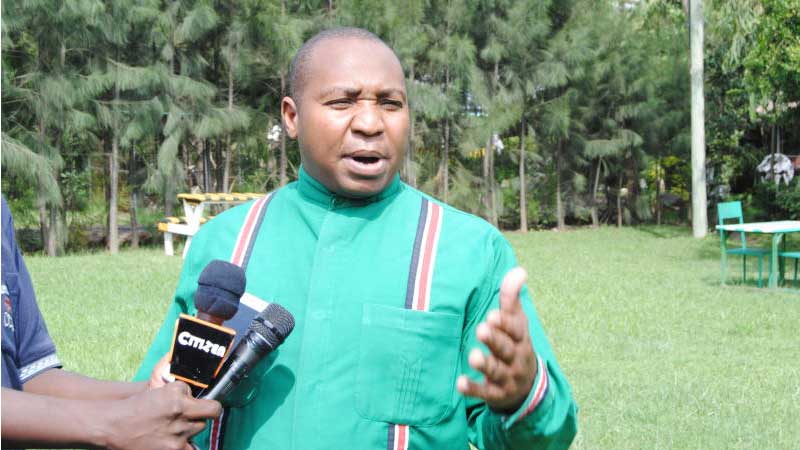×
The Standard e-Paper
Stay Informed, Even Offline

A Jubilee MP from Narok has vowed to table a bill in the assembly that will ensure that those who impregnate disabled women and abandon them are charged with rape.
The nominated MP Representing Persons with Disabilities (PwDs) David ole Sankok said it was disheartening to see women with different types of disabilities struggling with their children in the streets while the fathers of the kids are busy enjoying life.